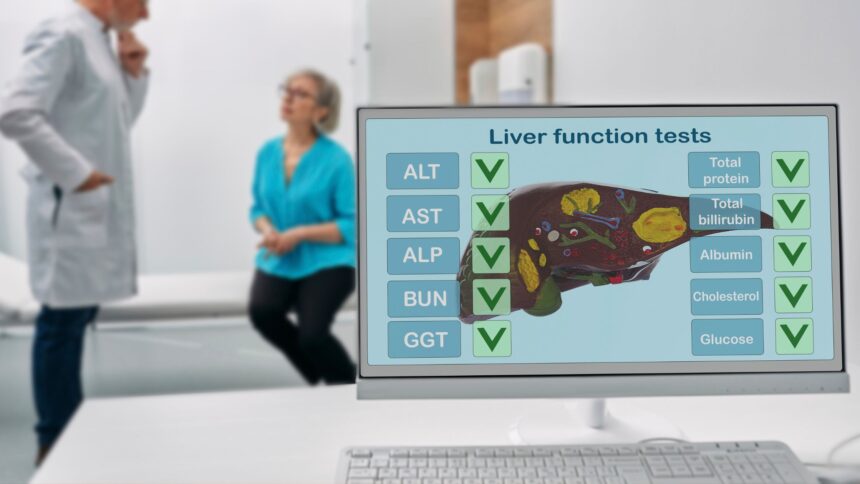With cirrhosis prevalence growing globally, examining age-old claims surrounding certain mild spices’ influences seemed prudent. I reviewed studies on traditionally used botanicals alongside clinical reports to gain a nuanced perspective on balancing potentials with needs.
Is Spicy Food Good for Liver Cirrhosis?
YES, spices like turmeric, garlic, and ginger may benefit individuals through:
- Reducing scar tissue formation
- Lessening liver cell damage and oxidative stress
- Balancing inflammation
- Preserving organ function over time
Though moderation varies per person, Ayurvedic and Chinese remedies incorporating these thoughtfully show promise in managing scarring when medical guidance directs use.
1. Turmeric’s Anti-Fibrotic Actions
Lab and animal evidence links turmeric’s curcumin to inhibiting collagen-producing cell activation causing excessive deposition contributing to permanent scarring. It also reduces oxidative contributors.
2. Garlic’s Liver-Nourishing Chemistry
Compounds in garlic like allicin show protective impacts through balanced cytokine expression and lessening toxin-induced cell death, which may sustain organ function over the long term.
4. Ginger’s Free Radical-Fighting Abilities
This familiar spice displays antioxidant capabilities against radicals fueling persistent cell and tissue harm according to in vitro and animal model research.
5. Synergistic Dietary Support
Judicious additions of traditional botanicals maximizing bioavailability through balanced whole food combinations may gently aid recommended lifestyle interventions for cirrhosis when carefully incorporated under guidance.
Conclusion
In moderation according to individual needs and plans, specific mild spices traditionally embraced in Ayurvedic and Chinese medicine show early yet encouraging signs of managing cirrhosis’ progression through multi-targeted actions. Further integrated exploration deserves attention.




